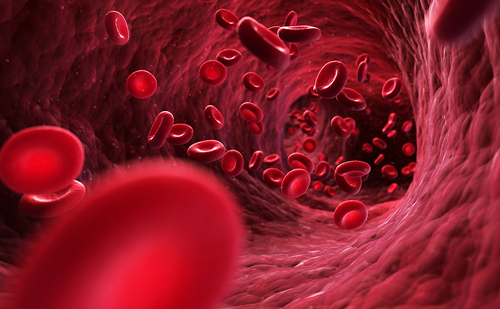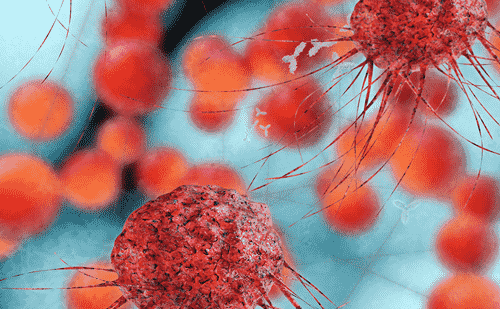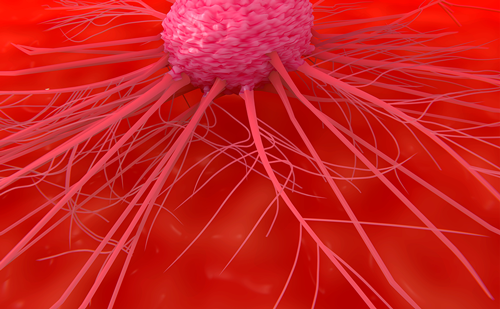One of the biggest challenges in practice relates to optimizing supportive care for patients undergoing therapy. Cancer-related cognitive dysfunction (CRCD) constitutes a significant problem for cancer patients and survivors. In the supportive care section of this issue, Dr Jean-Pierre gives us an update about the management of CRCD and the challenges and implications for clinical research and practice. Dr Sadasivan discusses chemotherapy-induced oral mucositis, while Dr Chanez discusses new solutions to cutaneous toxicities induced by chemotherapy. Another article in this section emphasizes the role of exercise in preventing cancer-related fatigue.
A major challenge is poor peripheral blood stem cell (PBSC) mobilization frequently reported as an obstacle to autologous stem cell transplantation (ASCT). In the ‘Hematological Malignancies’ section, Dr Gupta confirmed that high-dose chemotherapy followed by autologous stem cell transplantation (ASCT) results in improved outcomes in multiple myeloma (MM) patients. However, numerous challenges limit successful transplantation in MM.
Epidermal growth factor receptor (EGFR) mutational testing for the personalization of the treatment of non-small-cell lung cancer (NSCLC) and diagnostic and therapeutic advances are examined in the ‘Lung Cancer’ section to improve patient care and bring new hope to cancer patients. Dr Schild discusses the survival of patients suffering from unresectable NSCLC who are treated with high-dose radiotherapy (RT) and concurrent chemotherapy.
In the ‘Breast Cancer’ section, Webb et al. conclude that mammographic screening demonstrates a significant mortality reduction in women with breast cancer because screening mammography has the dramatic impact of facilitating early diagnosis. In the ‘Musculoskeletal Cancer’ section, Dr Thomas suggests that the treatment of giant cell tumors shows significant improvement in outcome with denosumab. Dr Aubin and Dr Blanke review the concepts behind and current data on the use of pre-operative cetuximab and bevacizumab in patients with hepatic colorectal cancer metastases in the ‘Gastrointestinal Cancer’ section. Other interesting modalities with potential future application include EGFR-targeted therapy in cervical cancer, discussed in the ‘Gynecologic Cancer’ section.
This issue also includes interesting discussions about adolescent psychopathology and long-term adult health behaviors in survivors of childhood cancers in the ‘Pediatric Cancer’ section and care of the geriatric patient with pancreatic cancer. The feasibility of thermal infrared imaging screening for breast cancer in Southern Mexico is discussed by Dr Gutierez-Delgado in the ‘International Health’ section.
US Oncological Review would like to thank everyone who contributed to the success of this edition, including the contributors, reviewers, editorial board, organizations, and media partners. We trust you will find this edition of US Oncological Review informative and enjoyable. ■













